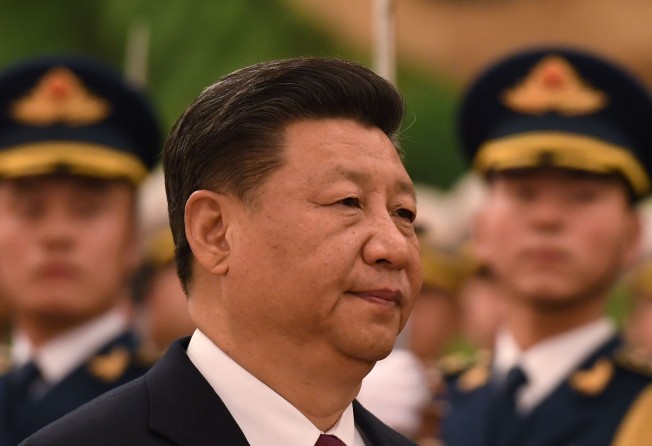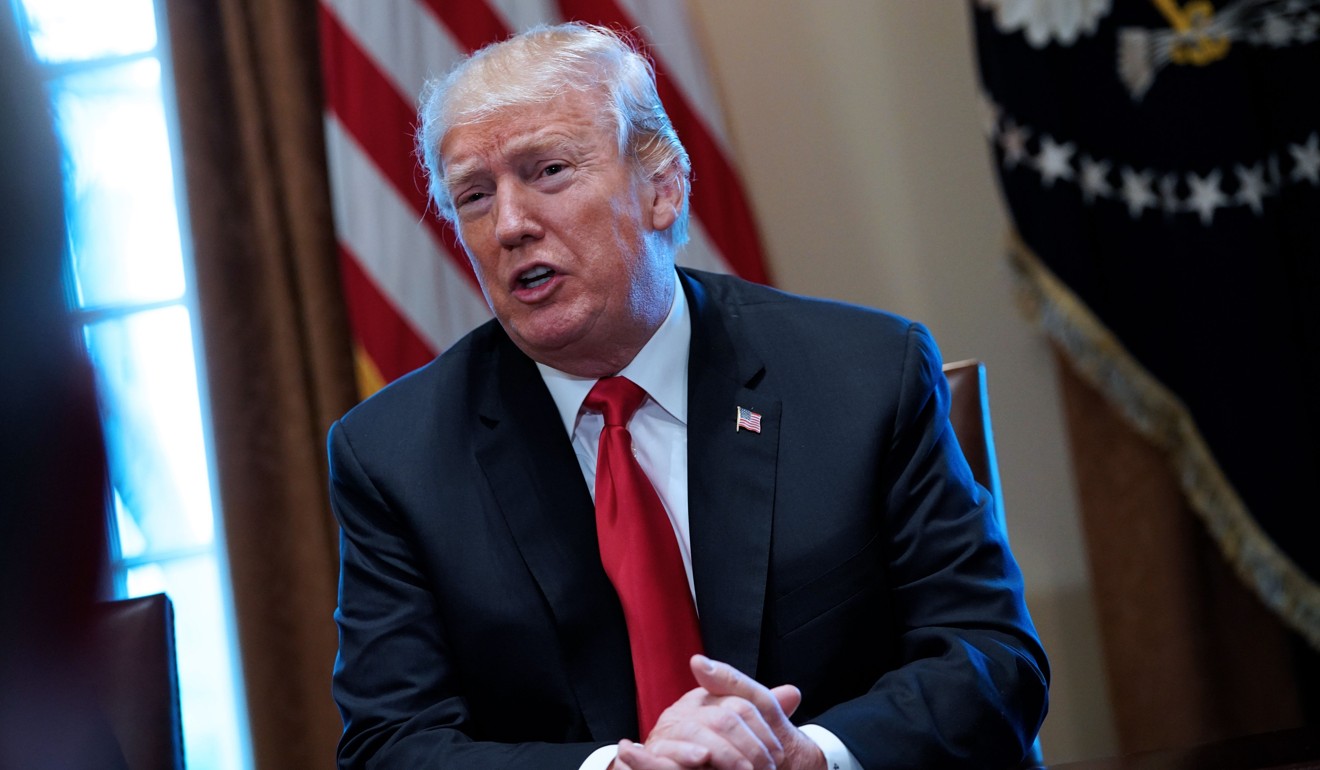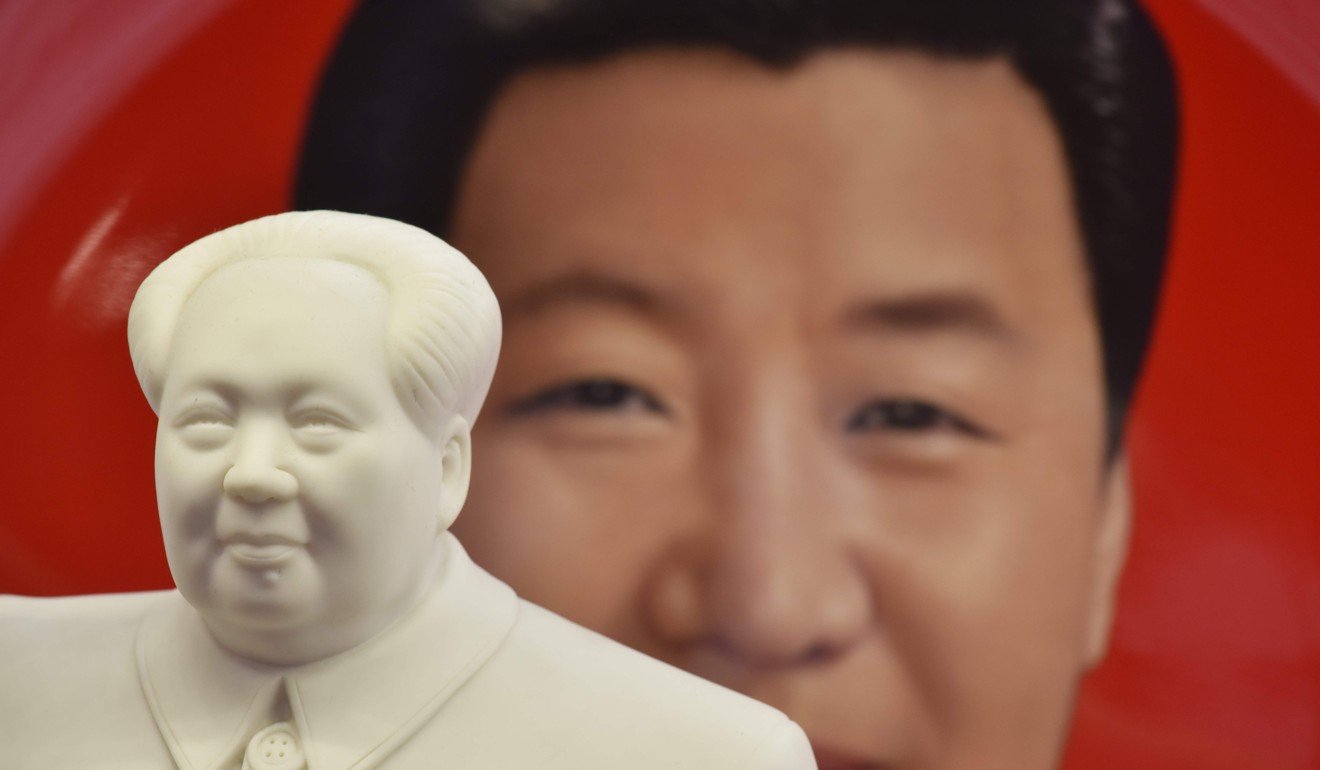Xi Jinping’s strong leadership style has its risks, but also advantages
Chi Wang says the Chinese president’s move to abolish term limits has earned criticism abroad, and even in China. However, Xi’s leadership is unlikely to bring about the instability that Mao’s did

The announcement that China’s Communist Party intends to drop the term limit on the presidency may come as little surprise to those following Xi Jinping’s rise. The establishment of “Xi Jinping Thought” in the party charter, along with the lack of a successor, are two indications of China’s increasingly authoritarian rule.
Xi hopes to paint himself as a benevolent, paternal leader of China. The people, however – along with international leaders – may not be quite as enamoured as Xi had hoped. Xi’s position relies on his power and control over freedom of speech rather than on the propaganda for which China is usually so well known.
China has long struggled with its image abroad. The 2008 Summer Olympics in Beijing marked China’s new era of soft power, where it had the opportunity to show off its new status as a modern, economically powerful country. Since Xi stepped into the presidency five years later, he has built on that foundation. The image of China as a benevolent world economic leader, through projects like the “Belt and Road Initiative” and investments in developing countries like Libya and Sudan. has been projected by state media and politicians alike.
The use of soft power is also directed at citizens at home. Xi encourages Chinese people to embrace traditional values. In speeches over the past few years, he has painted an image of the Chinese nation as a family – and he is the father.
Perhaps this is indicative of his desire to reclaim national unity; his contribution to China shaking off past humiliations. China wishes to reconcile its old greatness as the Middle Kingdom with its new position in a modern world, and merging old values with new economic leadership is a uniquely Chinese style of leadership. Perhaps Xi wants Confucian filial piety and deference.
Despite China’s best efforts, however, soft power, both at home and abroad, is failing. American media continues to report negatively on Chinese politics and the economy, and the country is viewed with suspicion.
Despite the friendship Xi and US President Donald Trump appeared to strike up in 2017, Trump has reneged on his previous willingness to work with China on trade. Instead , he has placed tariffs on Chinese imports and labelled China a strategic competitor.
Reactions within China to the announcement on term limits have ranged from comedic, on internet forums, to acknowledgement that there will be “no limits” to Xi’s power from political analysts in Beijing.
American media is, of course, interested in reporting any alarming news about China. America prides itself as a world leader in democracy and freedom. At a time when the US is also facing questions about its own unpredictable leadership, it is nice to have a finger to point at someone else’s problems. Still, this fear may point to underlying concern in America about the erosion of democracy worldwide – and especially at home.

As Western countries struggle to find leadership, Xi sees a vacuum he can fill. If he remains stable, China will become stronger, too.
To be fair, Xi has indeed been a strong leader for China. To the Western world, Xi appears a bully; in China, authoritarian leadership is the norm. Xi may be an authoritarian leader, but he is not the kind of dictator that Mao was.
Although Xi has so far avoided the upheaval of rebellion or government purges, he is trying to control 1.4 billion people with disciplinary rule under one man. It is possible, as Xi may believe, that implementing full democracy would lead to chaos or anarchy. No one else in Xi’s Politburo or top-level leadership is a strong leader. If there must be one leader, Xi is likely to be the best man for the job.
Authoritarian leadership relies on fear, control and unpredictability. This is fear I understand: my mother was killed by Red Guards, her house was confiscated by communists and her body was never found. But people forget Xi’s father was targeted by the Cultural Revolution, too. I met Xi’s father once, over dinner in 1980, and found him to be a great man, who would be happy to see his son be a strong, stable leader. I have met Xi personally as well. He has given me no reason to fear violent instability in China. Xi did not rise to power out of nowhere. He led from below, governing Fujian and Zhengzhou.

I grew up in China during the Japanese invasion. I was there when Mao’s army marched on Beijing, and I have witnessed China’s survival through Mao’s disastrous leadership. Despite American paranoia, China is strong, and it is not going to collapse under unstable rule any time soon – especially not with a leader like Xi.
Chi Wang, a former head of the Chinese section of the US Library of Congress and former university librarian at the Chinese University of Hong Kong, is president of the US-China Policy Foundation